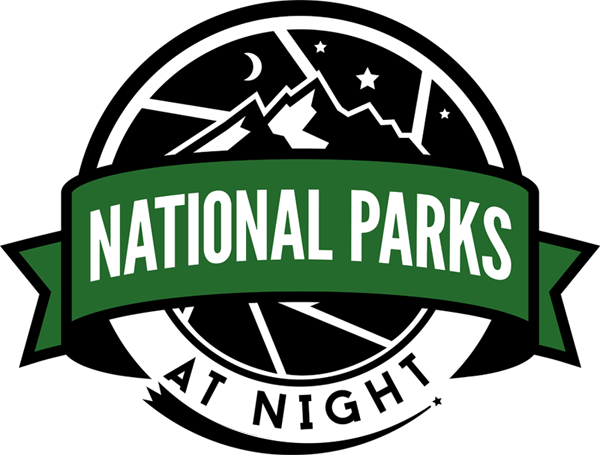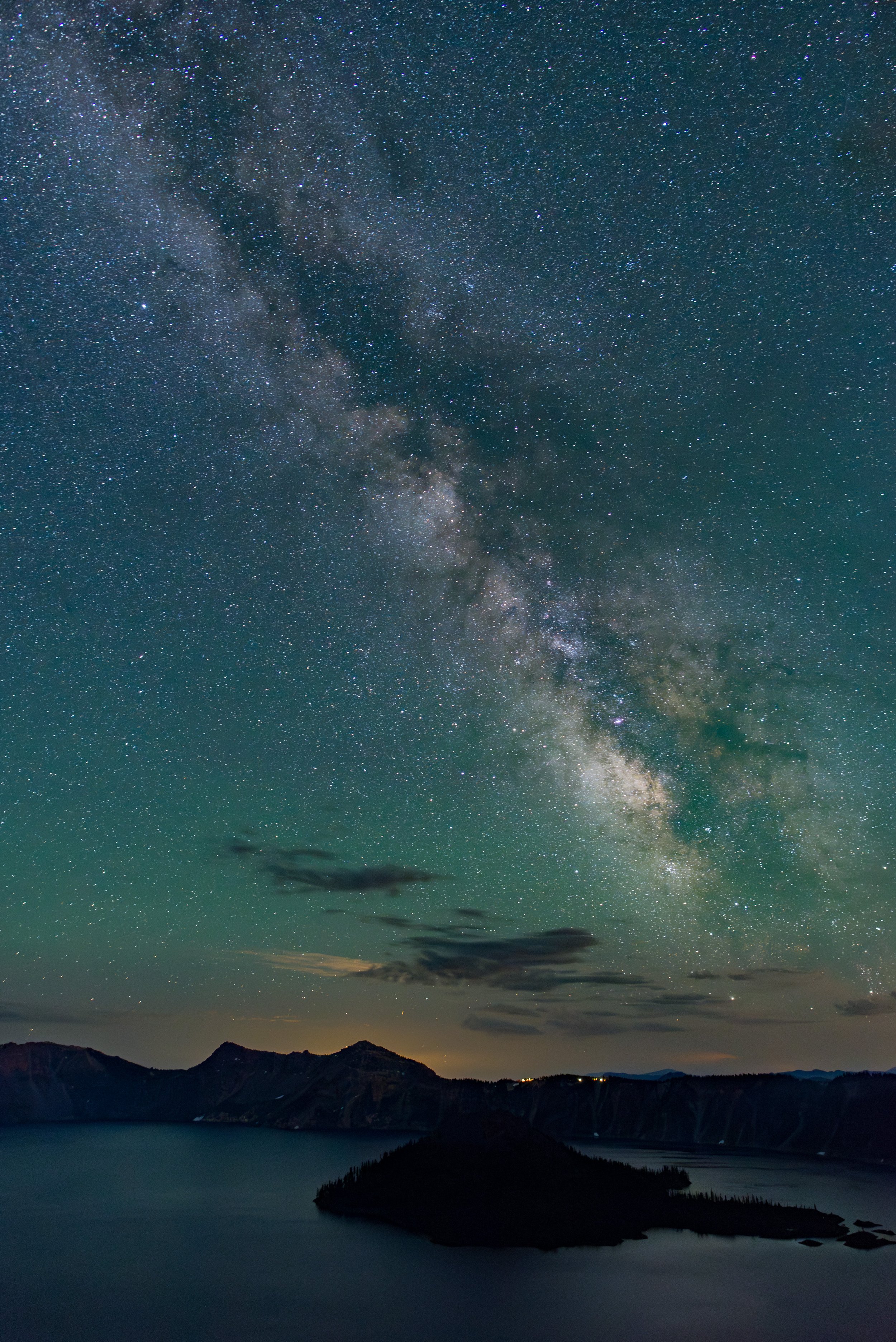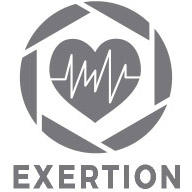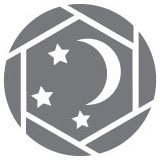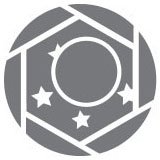Crater Lake National Park
The winner of the National Parks at Night alumni "return to this park" vote! We will traverse the caldera of this extinct mountaintop volcano, focusing on the expansive Milky Way-topped vistas and massive star trails over the deepest lake in the U.S. Crater Lake is home to world-class dark skies and otherworldly landscapes.
Workshop Details
MAIN WORKSHOP
July 7-10, 2024 — Completed
This is a 4-night, 4-day workshop. Your adventure begins on the morning of July 7 and ends after a night shoot on July 10.
$1,850 + applicable taxes. Register below.
Skill level
Intermediate and above. Participants should have a firm grasp of the basic principles of photography and of their cameras, and have a comfortable understanding of night photography fundamentals.
Group size
14, with 2 instructors — 7:1 ratio
NPS website
Add-On: Oregon Coast
July 11-12, 2024 — Completed
This is an optional 2-night experience based in Bandon, one of the jewels of the Oregon coast.
More information below.
$895 + applicable taxes.
Group size
14, with 2 instructors — 7:1 ratio
Workshop Leaders
This event has passed. Thanks for your interest!
| • Deposit of $600 is required to reserve your spot at the workshop. |
| • Balance of $1,250 is due on April 8, 2024. → Pay balance here. |
| • You may choose the “Pay in Full” ticket if you desire to pay all at once. |
| • Last day for a cancellation request is April 7, 2024. (see cancellation and refund policy). |
| • The workshop fee does not include lodging, food, airfare, entrance fees, or transportation to or during the workshop. |
The Crater Lake Experience
Deep in Oregon’s Cascade Mountains, on an ancient peak, rests the deepest lake in the country: Crater Lake. Created over 7,700 years ago by the eruption of Mt. Mazama, this sacred site to the Klamath people now boasts one of the most awe-inspiring sights in the country. Look down and you are treated to views of the caldera’s pure, blue waters. Look up and you’ll see the darkest skies, brightest stars and the mesmerizing arc of the Milky Way. Devoid of almost any light pollution, there is nothing like experiencing this national park at night.
This is a very hands-on workshop with the emphasis on honing your night skills and creating the most spectacular photographs once the sun sets. During the day you will become familiar with all the considerations for making a successful night image.
We’ve planned this workshop during the waxing crescent moon that will be setting early in the evening. This will allow us to take pictures of the Milky Way and the multitude of constellations in all their glory. However, these dark skies will also create a challenge for capturing the detail of the landscape. We’ll be teaching blue hour blends and long-exposure blends so that we can balance the wonderful caldera “lakescape” with the plethora of stars.
Crater Lake is also a perfect spot to hone your panorama skills, either in a few shots or as multirow compositions.
As a group we will explore the rim of the crater and go over the importance of scouting and the tools used to help prepare for the celestial skies. Once the sun dips below the horizon, Gabe and Chris will help you begin to see in the dark while you learn to finesse your composition in low light.
Is Crater Lake just about the rim shots? Certainly not! We’ll also explore the Martian landscape of the Pinnacles, with their ever-changing light and color, as well as venture to the Pumice Desert and the surrounding mountains for amazing sunsets and a better understanding of the overall environment.
We’ll also have the option to take a boat ride to Wizard Island during the day and get a unique perspective from inside the caldera!
Oregon Coast Add-On Experience
A trip to Oregon is not complete without visiting the sea stacks, lighthouses, beaches and edge-of-the-world landscapes along the rugged coastline. We’ll spend 2 days and nights at the southern epicenter of the Oregon coast, Bandon. You’ll want to pack your neutral density filters for this add-on, as we’ll be exploring the grand seascapes with long exposures during the day and night.
This part of the Oregon Coast has fewer tourists and beautiful unspoiled beaches. We’ll take our own crack at interpreting iconic locations such as the Wizard’s Hat, Cathedral Rock, Face Rock, the circles in the sand and the Coquille River Lighthouse.
Bandon is about a 4-hour drive from Crater Lake, and we’ll be staying at a hotel that’s footsteps from the beach in this quaint little Pacific town.
This add-on includes photographic opportunities in the afternoon, at sunset and into the night on July 11 and more explorations and photographic explorations the next day and night. Also included is an early farewell dinner at the famous Tony’s Crab Shack.
Note: This optional add-on is available only to attendees of this workshop. You will receive a link to purchase a ticket (if desired) after registering for the main workshop.
What You Should Know
This workshop caters to knowledgeable photographers with an intermediate or higher skill set. Participants should have a firm grasp of the basic principles of photography and of their cameras, and have a comfortable understanding of night photography fundamentals.
If you would like to attend this workshop but are unsure whether you have adequate night photography skills, we can offer pre-workshop tutoring to get you ready for your adventure with us. Alternatively or additionally, a few of us have written books that may be productive pre-workshop reads.
What You Will Learn
We hope to push you to step outside your comfort zone—to test the limits of what you and your camera can do.
TOPICS COVERED WILL INCLUDE:
scouting and planning your shots with PhotoPills
composing and focusing in low light
optimizing exposure for raw capture and development with Lightroom and Photoshop
panoramic night capture and processing
blue hour and black hour blends
light painting
creating jaw-dropping star point and star-trail images
and more …
This workshop will have both field and classroom instruction. We will be in the classroom during the day, and out in the field at different locations each night.
Night Conditions
Logistics & General Info
Travel
You are responsible for arranging and paying for your own transportation. Getting to Crater Lake, like most national parks, requires a long drive from a major airport.
Nearby Airports:
Portland International Airport (PDX) — 4 hours, 30 minutes from Crater Lake
Eugene Airport (EUG) — 3 hours
Rogue Valley International Medford Airport (MFR) — 2 hours
Redmond Municipal Airport (RDM) — 2 hours, 15 minutes
Rental Car
You will need a rental car.
There is no need for four-wheel-drive.
If you are interested in carpooling or sharing a rental car, let us know and we will try to connect you with another attendee looking for the same.
Lodging & Food
You are responsible for arranging and paying for your own meals and accommodations.
Lodging
You are not required to stay at the official workshop lodging, though doing so does make it easier to meet with the group each morning.
Info and group code will be sent at some point after registering, once our lodging partner is ready to begin taking reservations.
If you are interested in sharing a room, let us know and we will try to connect you with someone like-minded in the group.
Food
Crater Lake is pretty remote with few food options. We do advise hitting a grocery store en route to stock up on supplies.
With our late nights we’ll probably go to a two-meal plan: late breakfast and early dinner.
When on the night shoots, you may wish to bring snack food or a sandwich and plenty of water.
Weather
Everything’s a little cooler at Crater Lake’s elevation. Expect daytime highs in the 60s F, lows in the 40s.
Recommended Attire
Shorts and short-sleeve shirts for daytime, light pants and long-sleeve shirts for night.
A sweatshirt and medium-weight jacket will likely be useful, and a base layer might not be a waste of packing space. Layers are good.
Comfortable and protective shoes are recommended for getting around. There won’t be long hikes, but we will be on trails, so quality trail shoes or hiking boots would be optimal.
Exertion Level
The exertion level of this workshop is Easy. (See more about our classifications.)
The exception is if you decide to join us for the boat trip to Wizard Island. That involves a 1-mile hike down with 700 feet of elevation change, one way—strenuous on the way back up. (See more about our classifications.)
No vigorous activity will be required during the workshop, but please consider your physical abilities prior to registering. There won’t be any long hikes, but there will be trails involved, and you should be comfortable carrying your own equipment over uneven ground in the dark.
Crater Lake ranges between 6,178 and 8,934 feet in elevation. We will not be going to the high points, but altitude sickness can become a concern at over 8,000 feet, and some people can experience it at elevations as low as 6,000. If you are generally sensitive to high elevations, or if you are coming from a sea-level region, we advise arriving in the area a day or two early to acclimate by going on some short hikes at altitude. We also advise staying well hydrated.
Considerations
IMPORTANT: We encourage reading our FAQs section for more information about skill and gear requirements, and other information that pertains to all our workshops.
If you have questions, please contact us—we're happy to talk it over with you.
Vision Quests …
“Lorre and Angus fully immersed themselves in my scouting and exploring. It was a beautifully balanced trip of hanging out with friends and getting the shots.”
The Klamath tribe of Native Americans have long regarded Crater Lake as a sacred site.
They used the lake as a vision quest, testing their mettle against the steep cliffs of the caldera. Those who were successful were regarded as spiritual leaders amongst the tribe.
I’ve been to Oregon a lot over the years. My best friend Angus moved out there after college and we always made the effort to visit each other a few times a year. I’d go to see him in Seattle or Portland or he would come and eat burritos with me in San Francisco or join Matt and I in the Mermaid Parade in Coney Island. I should also mention that Angus was a very tall and slender fellow whose hair hung all the way down his back. He looked and acted the part of a Shaman for the 20-plus years of our friendship.
Angus was also the first person to introduce me to Crater Lake. He knew that national parks were growing into a passion for me, so in 2015 he suggested a road trip to Crater Lake.
He brought his wife, Lorre, and their dog, and we had a fantastic time. Angus was always game for anything and genuinely curious about your interests. On a previous trip he introduced me to the Oregon coast and would join me on my night shoots, even though he never took any pictures. I don’t know many people who have the patience to deal with night photographers, but he was one of them. Once the cameras were humming, we’d have amazing conversations under the stars.
Crater Lake was no different. We were both amazed by the incredibly blue waters and innumerable stars in the sky. The moon was up on these nights and made the sky just as blue as the water. We could see all the detail of the caldera and the next volcano that’s inside the lake starting to surface.
Similar to the Grand Canyon, you can just be simply mesmerized as you walk along the rim.
Lorre and Angus fully immersed themselves in my scouting and exploring. It was a beautifully balanced trip of hanging out with friends and getting the shots.
You could say our vision quest was a success.
I didn’t realize that this would be my last adventure with my dear friend. Four months later he was gone.
I went back to Crater Lake with Matt Hill the next year to teach just the third National Parks at Night workshop. Did I have a heavy heart? I’d be lying if I said no.
But I wanted to honor Angus and be with him again, and Crater Lake was the perfect place for us to feel together under the stars. Night photography allows you to slow down and be in the moment. Not something a lot of us get to do in our daily grind. Returning to Crater Lake was therapeutic, not just because of the spiritual aspect but because I also created new memories with my partner Matt and several attendees who are still joining us on adventures 9 years later.
